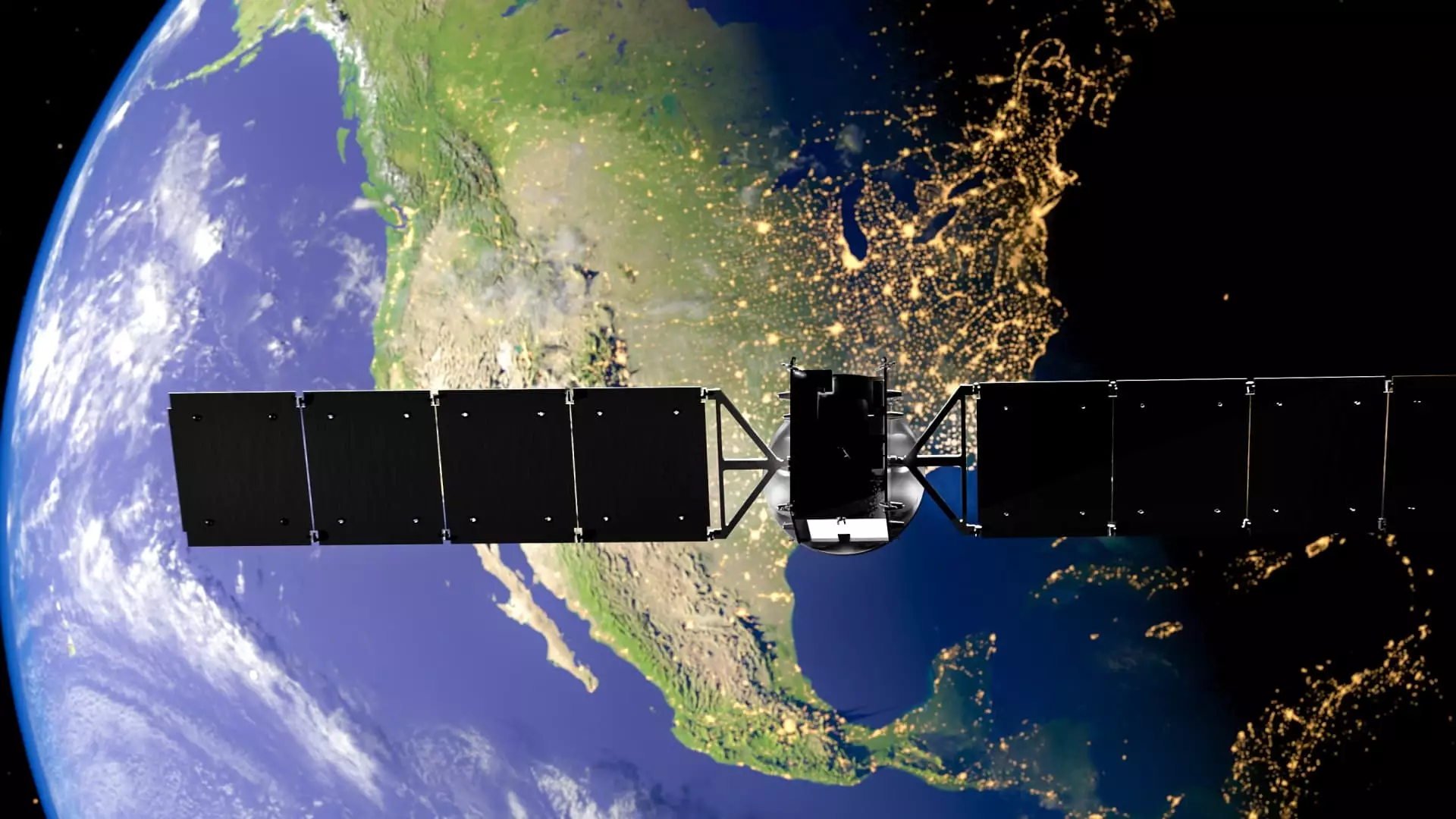The Global Positioning System (GPS) has been a cornerstone of modern technology since its initial deployment by the U.S. Air Force nearly fifty years ago. With its evolution from military utility to a critical infrastructure element for everyday life, GPS has transformed the way we navigate, communicate, and conduct business. A study by the U.S. Commerce Department has quantified these impacts, estimating that GPS has generated over $1.4 trillion in economic benefits. However, the system’s vulnerability is a growing concern, with potential outages threatening to disrupt the economy by an astounding $1 billion per day. In response, the U.S. Space Force has initiated the development of a resilient satellite ecosystem designed to safeguard this vital service.
Recognizing the crucial role of GPS in both civilian and military operations, the Space Force has launched the Resilient Global Positioning System (R-GPS) program with an investment of approximately $2 billion. This initiative aims to create a backup network to ensure continuous access to positioning, navigation, and timing (PNT) services. As Lt. Col. Justin Deifel, who leads the R-GPS program within the Space Systems Command, eloquently states, GPS is akin to essential utilities such as water and electricity, necessary for both the economy and military operations. This acknowledgment of GPS’s criticality underscores the urgency for a dependable alternative in the face of potential adversarial threats from nations like Russia and China.
To execute this ambitious program, the Space Force is actively engaging with the commercial space industry. In a recent development, contracts have been awarded to four companies—Astranis, Axient, L3 Harris, and Sierra Space—to explore R-GPS design concepts. The inclusion of these commercial players marks a strategic shift, enabling the U.S. military to leverage innovative technologies and capabilities that exist within the private sector. This collaboration is not only about expanding technological horizons but also about ensuring greater efficiency and speed in satellite deployment.
Among the teams participating in the R-GPS initiative is the innovative startup Astranis. After launching its first “MicroGEO” spacecraft, Astranis is diversifying into the PNT market with its new Nexus product line. This strategic expansion reflects the company’s recognition of the burgeoning opportunities present in high orbits, particularly for national security applications. With a robust investment strategy that has netted $750 million since its inception, Astranis is poised to deliver a contemporary approach to satellite technology that emphasizes affordability and effectiveness.
The quick progression of the R-GPS program demonstrates a notable departure from the traditional, often sluggish pace of military procurement. Utilizing an innovative Pentagon funding mechanism referred to as “Quick Start,” the program has achieved significant milestones in less than six months—an extraordinary feat for military initiatives. This acceleration is a testament to a broader strategic objective within the Department of Defense to adapt to the fast-evolving landscape of technology and geopolitical challenges.
As the R-GPS program gears up for implementation, financial forecasts model a budget ranging from $1.2 billion to $1.9 billion for a constellation of at least 24 satellites over the next five years. This investment is framed by an expectation for considerable efficiencies in non-recurring engineering costs, further enhancing the overall viability of the program. The deployment intends to occur in batches; the first launch is anticipated as early as 2028, marking a pivotal shift in how the U.S. military secures its satellite navigation capabilities.
The development of the Resilient Global Positioning System signifies an essential evolution in military and civilian satellite technology. By fostering collaboration with commercial entities and embracing innovative funding methods, the Space Force is laying the groundwork for a robust backup infrastructure that addresses the potential vulnerabilities of the existing GPS system. As technological advancements continue, the successful realization of the R-GPS program will not only enhance national security but also bolster economic reliability, demonstrating a forward-looking approach to one of the most critical utilities of modern society.

